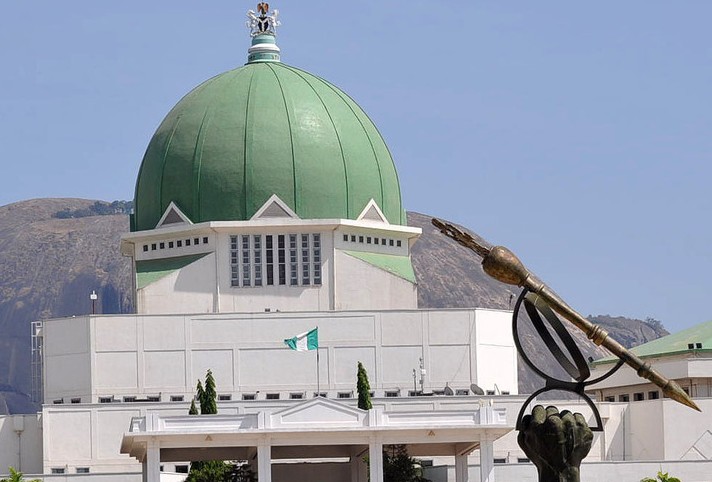By Yunus Yusuf
Mrs Bukola Adubi, the Chief Operating Officer, MicCom Cables and Wires, says the Federal Government and the organised private sector have important roles to play for Nigerian companies to maximise opportunities that the African Continental Free Trade Area (AfCFTA) offers.
Adubi said this in a statement on Monday in Lagos, adding that the government needed to address barriers such as tariff which was one of the major bottlenecks.
The statement quoted Adubi as saying this while speaking during a panel discussion at the 2022 Practical Nigerian Content (PNC) forum, held in Uyo, Akwa Ibom, with the theme; “Deepening Nigerian Content Opportunities in the Decade of Gas.”
Adubi, who is also the president of Cable Manufacturers Association of Nigeria (CAMAN) said: “Ideally, AfCFTA should be fantastic for us as a country.
“For the cable industry, we are seen as one of the industries in Nigeria that are already set up fantastically well. If you ask anyone, they will tell you that made-in-Nigeria cables are fantastic.
“But then, it will make sense that we are able to transcend beyond Nigeria.
“It will make sense that our members (Cable Manufacturers Association of Nigeria) are able to go into Ghana; are able to go into Ivory Coast; they are able to go into Senegal.”
She eulogised the AfCFTA agreement but expressed fear that it might not work because of issues around tariffs and government policies, citing the failure of ECOWAS trade liberalisation scheme.
“But then, my concern is with the Economic Community of West African States (ECOWAS) trade iberalisation scheme.
“It doesn’t work. And the reason it doesn’t work is because there are so many issues regarding government policies – the tariffs and member countries’ bureaucratic red tapes.
“So, first and foremost, the governments have a huge role to play in terms of breaking these barriers to facilitate effective trade,” she said.
Adubi acknowledged that although there would be bureaucracy in the implementation of the agreement, the governments must rise to the occasion and ensure that policies were properly regulated to avoid creating another set of challenges for businesses.
“As much as there is going to be bureaucracy, the government has to be there to regulate these things, so that it doesn’t create another bottleneck.
“The AfCFTA agreement is the largest free trade area in the world based on the number of countries participating in the pact.
“The pact connects 1.3 billion people across 55 countries with a combined gross domestic product (GDP) valued at 3.4 trillion dollars. It has the potential to lift 30 million people out of extreme poverty, according to the World Bank.
“The agreement will reduce tariffs among member countries and cover policy areas such as trade facilitation and services, as well as regulatory measures such as sanitary standards and technical barriers to trade.
“As much as it is, AfCFTA is a huge market asset, a combination of 3 trillion dollars GDP; the number of people you are able to reach is immense,” Adubi added.
She said there was no excuse for Nigeria not to be on top of its game with regards to the agreement.
The MicCom boss regretted that despite the implementation of AfCFTA, which began in January 2021, Nigeria had not done much with regards to the implementation of the agreement.
“We need to get our acts together for this to work, and it will work,” Adubi said.
She also noted that playing in the AfCFTA market meant that Nigerian companies must be above average because the terrain would be quite different from in-country market. (NAN)




